Did
you use any personal story for the book ?
Not
my personal stories so much but some from the Fellowes family, which is mine
too of course. Julian, my uncle, is the creator and writer of the show, and
like any writer he looked to his own life for inspiration. So many of the
characters and their plots, or even just their witty one-liners, came from
family stories – such as the Dowager Countess, who is based on Julian’s
great-aunt, Isie Stephenson. The rest of it comes from history itself, a huge
interest of Julian’s. He was keen that the show should be steeped in
authenticity, which is why we have the wonderful juxtaposition of fictional
characters dealing with events that actually happened in history – such as the
Troubles in Ireland and World War I.
Did
you enjoy going to set ?
Yes,
it’s a real privilege and not one I pass up on! It’s a treat to watch something
right before your eyes and know that it will be screened on televisions to
millions of people around the world. They are all consummate professionals but
also clearly hugely enjoy their work, so have a lot of fun together. The only
problem is that there are so many crew – around 60 or 70 at least, daily – that
an extra person like me can feel a bit in the way. I say ‘sorry, excuse me!’
quite frequently…
Do
you feel close to the characters of the époque ?
Julian
and I have always shared an interest in that period between the wars
– partly, I think, because so many of our family stories come from then.
Julian’s father, my grandfather, was born in 1912, the year the first Downton
Abbey episode was set – so he was certainly in that era, if not quite in that
world. But we are fascinated by it too because it was, in many ways, the
beginning of the modern age – with electricity, motorcars, rail travel, the
rise of socialism, women’s rights, medical advances and so on – yet those
who lived within it were still heavily influenced by Victorian mores. They
struggled to adapt but knew they had to if they wished to survive. That’s the
basic premise of Downton Abbey and the reason it is so compelling – we are
going through something very similar ourselves, with the huge advances in
technology impacting on our social and political lives.
Something
you still use in the kitchen and you inherited.
I
still use my grandmother’s cookbooks, although it’s interesting to see how
fashions change with food – right now, quite rapidly, as we get into ‘clean
eating’ and so on. But if you look at cookbooks of a hundred years ago, they
are very similar to modern cooking, in terms of low sugar, fresh ingredients
and so on. One thing that is very different is that in England at the turn of
the 20th century, French cooking was the most fashionable, and a lot
of it was rather fiddly and highly skilled. Mrs Patmore may look like a simple
cook but she was actually a chef of supreme ability!
Your
favorite receipt in the book. Do you cook often?
My
son is a huge fan of pancakes, so at the weekends the book will fall open at
that page! But I love the more traditional receipts too, such as the marmalade.
My father lives in Ireland, and I have been spending summers there every year
since I was a little girl, so when I’m feeling nostalgic I’ll do a big Irish
stew, with slices of warm soda bread on the side to mop up the gravy.
Delicious!
It was
a difficult research for the book ?
The
research is, for me, the most enjoyable part of the process. As it was my third
Downton Abbey companion book, a lot of the research had built up in layers – on
my bookshelves and in my head. Even when not officially researching a Downton
book, I still read around the period, particularly memoirs of that time, as I
prefer to read a first-hand account to a historian’s analysis. Julian also has
a huge amount of knowledge, so if I got stuck on anything, I’d just fire off a
quick email to ask him.
Do
you think the success of Downton Abbey will bring more politeness and elegance
in the world?
It
would be nice to think so, wouldn’t it? Perhaps it does – people seem to
appreciate the elegance and style of the period. Whether nice people watch it
or it makes people nice, I don’t know. But I interviewed the woman who lives in
a house that is used for filming – as the exterior of Isobel Crawley’s
house – and she was telling me that people frequently knock on the door, peer over
her garden wall and so on. ‘Don’t you mind?’ I asked her. ‘Oh, no,’ she said,
‘the sort of people who like Downton Abbey are usually very nice people.’






































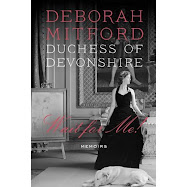






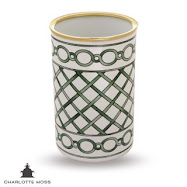







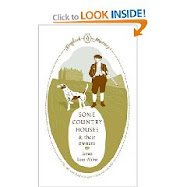



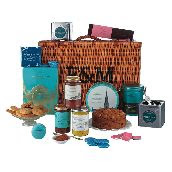
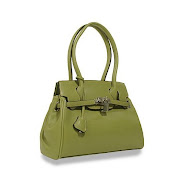









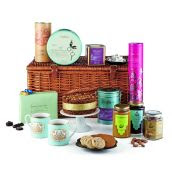
Niciun comentariu:
Trimiteți un comentariu